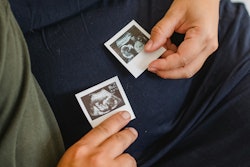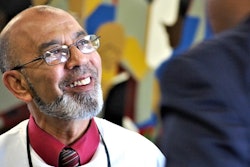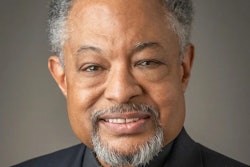Dr. Ethel Nicdao was a late bloomer when it came to choosing her field. In her junior year at the University of California, Davis, she took a seminar taught by Dr. Debora Paterniti, who was on Nicdao’s dissertation committee at the University of New Mexico years later.
“It exposed me to this very exciting field that I honestly didn’t know existed. I didn’t realize there were other ways to look at medicine and health,” says Nicdao, an associate professor at the University of the Pacific in Stockton.
Her work in medical sociology includes the study of health disparities, mental health, physician and patient interactions, access and delivery of health care services, quality of care and chronic illness. Her research explores low-income rural communities and focuses on Asian-Americans, who researchers say are insufficiently studied by the social sciences.
Her research is connected to her “lived experience,” says Nicdao, whose family immigrated to San Francisco from the Philippines when she was 8 years old.
Whether it is breast cancer among Asian-American women or exploring how culture, religion and language affect responses to diseases among the Hmong in California’s Central Valley, much of Nicdao’s work focuses on examining the differences among the diverse Asian-American population.
“We have a tendency to lump all subgroups into one umbrella. We ignore the differences. We don’t disaggregate the data,” says Nicdao, who is also an associate fellow at the University of New Mexico’s Center for Health Policy.




















